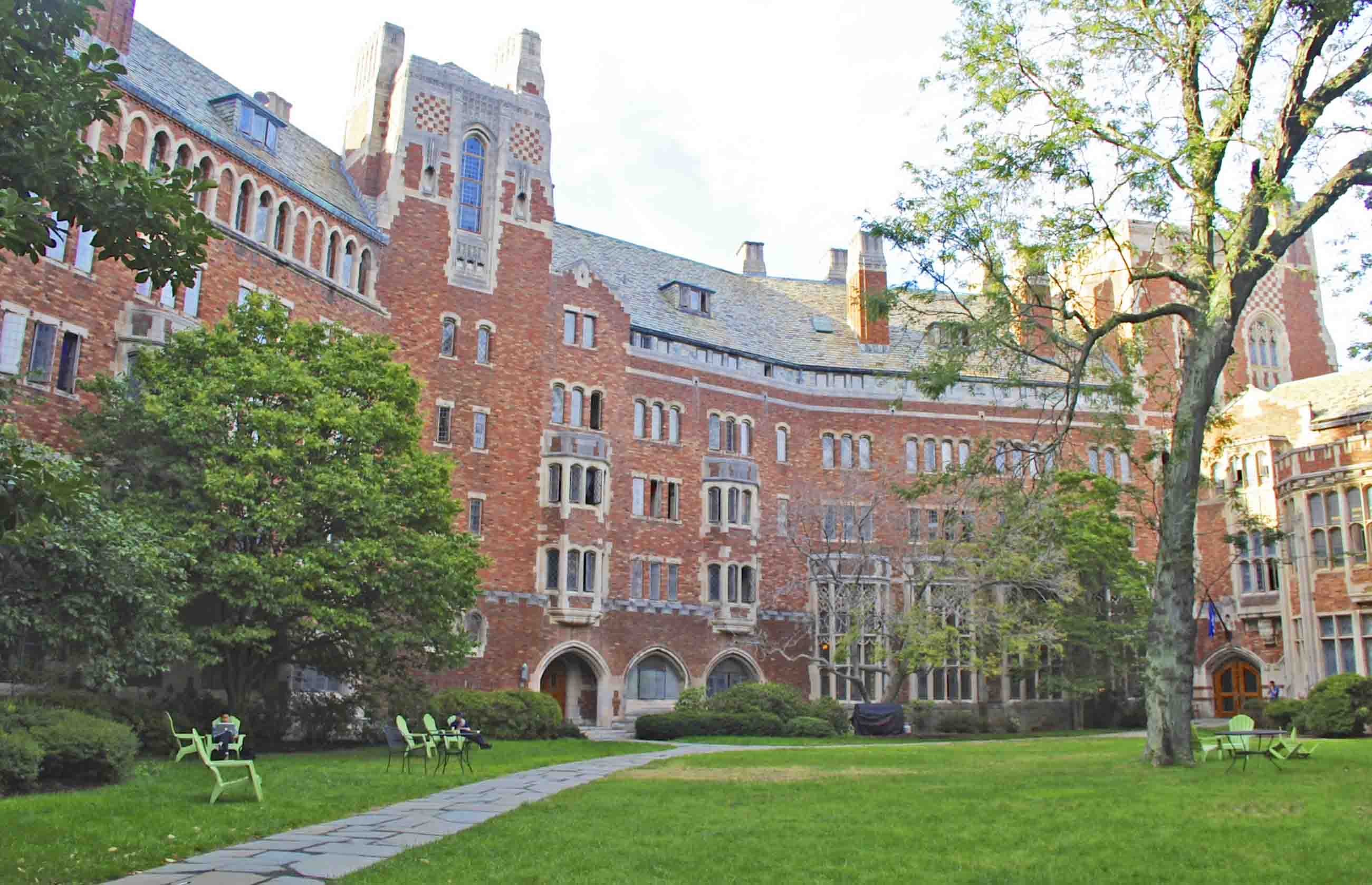
With Yale awaiting the details of the endowment tax included in the recently passed Republican tax bill, experts say the changes will likely have little effect on the University.
The bill’s passage last month made Yale one of 35 colleges and universities — with at least 500 students and total assets of $500,000 per full-time student — expected to pay a 1.4 percent tax on annual investment returns. According to University President Peter Salovey, the tax will cost the University an estimated $30 to 40 million annually.
“It’s a little too early to know exactly the consequences on the University of the new tax on endowments,” Salovey said. “That’s partly because the actual way in which this tax will be imposed is still unknown, making it difficult to assess exactly how much we’re going to pay … Budgeting always involves trade-offs, and the Provost’s Office and vice presidents and the Vice President for Finance’s Office are working now to try to figure out a way to make those trade-offs and not compromise our mission.”
According to University Director of Financial Aid Caesar Storlazzi, Yale does not expect any immediate changes to financial aid programs in response to the bill.
Vice President for Communications Eileen O’Connor said that it remains unknown where exactly the University will feel the impact of the new tax.
“We are working with other schools to identify issues that we hope the [U.S.] Treasury Department will address through guidance,” University spokesman Tom Conroy said in an e-mail to the News. “We’re looking at the tax on investment income as well as other provisions affecting universities, such as the tax that Yale will owe on certain employee benefits.”
Conroy said he suspects that the Treasury Department will not release guidance on the provisions any time soon.
Director of Finance and Administration for Athletics Arthur Samuelson said the department, which has about a month to draft a budget for fiscal year 2019, has had to reassess its fiscal plans in light of uncertainties surrounding endowment income and unreleased details of the new tax.
Robert Kelchen, an expert on higher-education finance and an assistant professor at Seton Hall University, said it is unclear what exactly counts as a university’s endowment. Endowments are complex and made up of multiple funds. Oftentimes, different parts of the university possess their own endowments. As a result, which funds will be subject to the 1.4 percent tax remains uncertain, Kelchen added.
“I think the tax writers probably envision the entire university paying on the entire balance,” he said. “In some cases, these are legally distinct entities.”
Still, experts say the tax will likely have little impact on the operating capacity and financial strength of the University.
According to Jorge Klor de Alva, president of the Nexus Research and Policy Center, universities of Yale’s size have been increasing their endowments over the past years without concern for the public policy consequences of “extensive endowment hoarding.”
As the federal government finalizes the tax, Klor de Alva suspects that universities will increase spending on legal assistance to advocate for the IRS to reduce the tax. He added that the IRS and institutions of higher education may begin negotiations to determine what charitable assets should not be taxed.
Howard Bunsis, an expert on higher-education finance from Eastern Michigan University’s college of business, also said he suspects that the tax will likely have little impact on Yale’s financial stability.
Though he opposes the tax, Bunsis said the estimated $40 million would likely be “couch cushion money” relative to Yale’s $4.5 billion in unrestricted net assets.
“Yale University has a AAA bond rating,” Bunis said. “The reason is because they have tremendous resources, and they have strong reserves. They have a strong cash flows … I will oppose Yale’s administration saying that they have a tight budget. Yale does not have a tight budget.”
Still, Kelchen said the tax could potentially deter financial gifts if donors think a portion of their money will go to the government.
In O’Connor’s view, despite Yale’s $27.2 billion endowment, $30 to 40 million dollars is still a hefty fee, especially since the University could use that money for programs that benefit students.
Yale’s endowment grew by 11.3 percent in the fiscal year ending June 30, 2017.
Hailey Fuchs | hailey.fuchs@yale.edu







